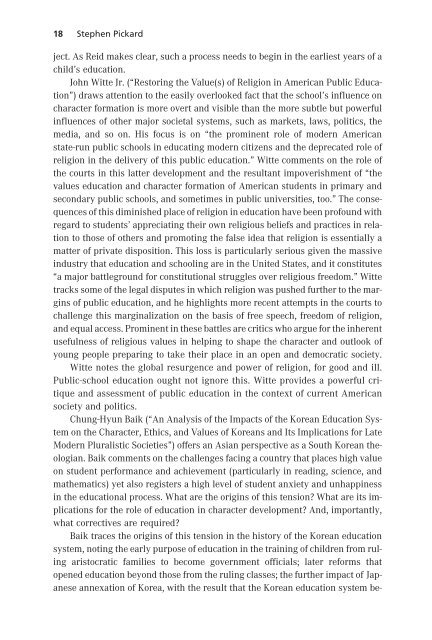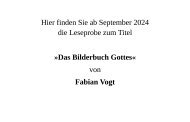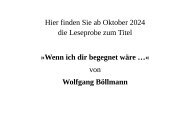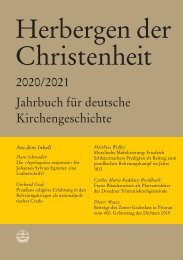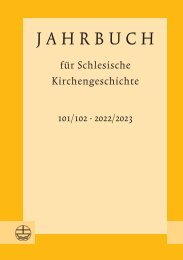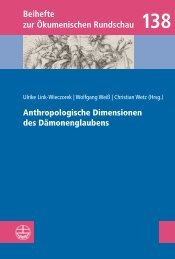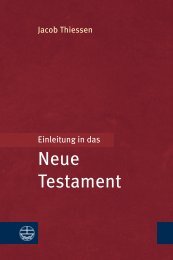Stephen Pickard | Michael Welker | John Witte (Eds.): The Impact of Education (Leseprobe)
This book investigates the impact of education on the formation of character, moral education and the communication of values in late modern pluralistic societies. Scholars from four continents and many different academic fields are involved. While the basic framework for the contributions is informed by Christian traditions, the disciplines cover a significant range, including theology, education, psychology, literature, anthropology, law, and business. This makes for a rich variety of thematic concentrations and perspectives. Readers will quickly sense that the educational foundations and trajectories of any given country are pervasive and have a significant reach into the fabric and shape of the society and its values, making education a barometer of the well-being of a people and their culture. The result is a volume that will inform, stimulate and challenge our understanding of the role of education in contemporary societies.
This book investigates the impact of education on the formation of character, moral education and the communication of values in late modern pluralistic societies. Scholars from four continents and many different academic fields are involved. While the basic framework for the contributions is informed by Christian traditions, the disciplines cover a significant range, including theology, education, psychology, literature, anthropology, law, and business. This makes for a rich variety of thematic concentrations and perspectives. Readers will quickly sense that the educational foundations and trajectories of any given country are pervasive and have a significant reach into the fabric and shape of the society and its values, making education a barometer of the well-being of a people and their culture. The result is a volume that will inform, stimulate and challenge our understanding of the role of education in contemporary societies.
You also want an ePaper? Increase the reach of your titles
YUMPU automatically turns print PDFs into web optimized ePapers that Google loves.
18 <strong>Stephen</strong> <strong>Pickard</strong><br />
ject. As Reid makes clear, such aprocess needs to begin in the earliest years <strong>of</strong> a<br />
child’s education.<br />
<strong>John</strong> <strong>Witte</strong> Jr. (“Restoring the Value(s) <strong>of</strong> ReligioninAmerican Public <strong>Education</strong>”)draws<br />
attention to the easily overlooked fact that the school’sinfluence on<br />
character formation is more overt and visible than the more subtle but powerful<br />
influences <strong>of</strong> other major societal systems, such as markets, laws, politics, the<br />
media, and so on. His focus is on “the prominent role <strong>of</strong> modern American<br />
state-run public schools in educatingmodern citizens and the deprecated role <strong>of</strong><br />
religion in the delivery <strong>of</strong> this public education.” <strong>Witte</strong> comments on the role <strong>of</strong><br />
the courts in this latter development and the resultant impoverishment <strong>of</strong> “the<br />
values education and character formation <strong>of</strong> American students in primary and<br />
secondary public schools, and sometimes in public universities, too.” <strong>The</strong> consequences<strong>of</strong>this<br />
diminished place <strong>of</strong> religion in education have been pr<strong>of</strong>oundwith<br />
regard to students’ appreciating their own religious beliefs and practicesinrelation<br />
to those <strong>of</strong> others and promoting the false idea that religion is essentially a<br />
matter <strong>of</strong> private disposition. This loss is particularly serious given the massive<br />
industry that educationand schoolingare in the United States, and it constitutes<br />
“amajor battleground for constitutional struggles over religious freedom.” <strong>Witte</strong><br />
tracks some <strong>of</strong> the legal disputes in which religion was pushed further to the margins<br />
<strong>of</strong> public education, and he highlights more recent attempts in the courts to<br />
challenge this marginalization on the basis <strong>of</strong> free speech, freedom <strong>of</strong> religion,<br />
and equal access. Prominentinthese battles are critics who argue for the inherent<br />
usefulness <strong>of</strong>religious values in helping to shape the character and outlook <strong>of</strong><br />
young people preparing to take their place in an open and democratic society.<br />
<strong>Witte</strong> notes the global resurgence and power <strong>of</strong> religion, for good and ill.<br />
Public-school education ought not ignore this. <strong>Witte</strong> provides apowerful critique<br />
and assessment <strong>of</strong> public education in the context <strong>of</strong>current American<br />
society and politics.<br />
Chung-Hyun Baik (“An Analysis <strong>of</strong> the <strong>Impact</strong>s <strong>of</strong> the Korean <strong>Education</strong> System<br />
on the Character, Ethics, and Values <strong>of</strong> Koreansand Its Implications for Late<br />
Modern Pluralistic Societies”)<strong>of</strong>fers an Asian perspective as aSouth Korean theologian.<br />
Baik comments on the challengesfacing acountry that places high value<br />
on student performance and achievement (particularly in reading, science, and<br />
mathematics) yet also registers ahigh level <strong>of</strong> student anxiety and unhappiness<br />
in the educational process. What are the origins <strong>of</strong> this tension? What are its implications<br />
for the role <strong>of</strong> education in character development? And, importantly,<br />
what correctives are required?<br />
Baik traces the origins <strong>of</strong> this tension in the history <strong>of</strong> the Korean education<br />
system, noting the earlypurpose <strong>of</strong> education in the training <strong>of</strong> children from ruling<br />
aristocratic families to become government <strong>of</strong>ficials; later reforms that<br />
opened education beyond those from the ruling classes; the further impact <strong>of</strong> Japanese<br />
annexation <strong>of</strong> Korea, with the result that the Korean education system be-


